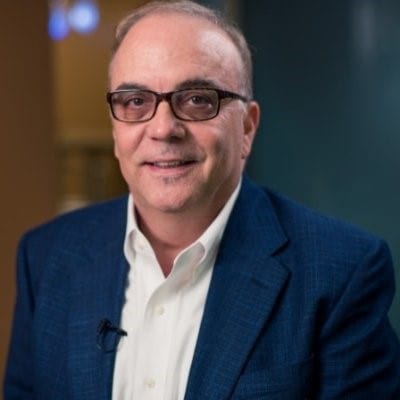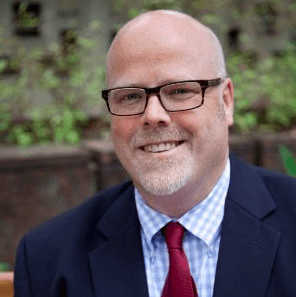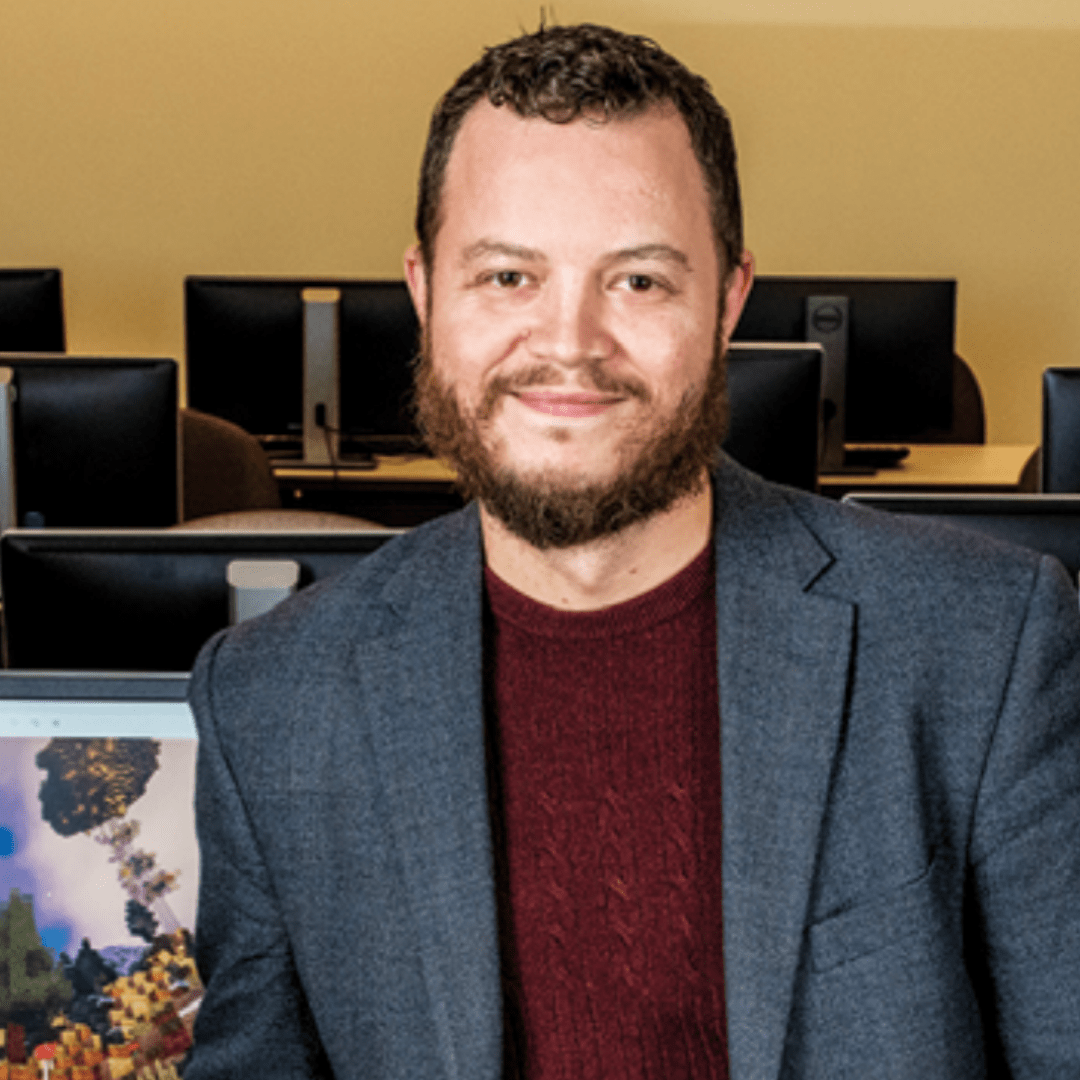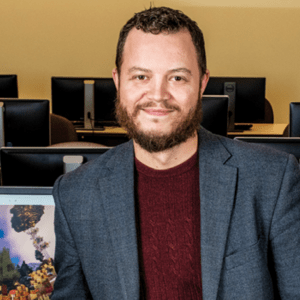Doric Earle, Ph.D., is dedicated to helping communities, social enterprises and entrepreneurs achieve collaborative, engaging, and analytical solutions. Social impact is integrated into all of his work, including his co-founded, community-based real estate platform the Dallas Unity Fund LLC and several nonprofits such as Frazier Revitalization, Bridge Lacrosse, Green Careers Dallas, and Miles of Freedom.
Much of Doric’s recent work centers around Restorative Farms, in year two and expanding, whose objective is to be a self- sustaining nonprofit farm that will not only grow local food, but train and grow local urban farming professionals. Dr. Earle engaged his CCPA students in aiding in the communications efforts of Restorative Farms, especially in crafting strategy and content for the website and social media accounts.
A Ph.D. in Public Affairs with a focus on Urban Planning defined the foundation of his work that uses economic development as a catalyst to unlock potential in low-income communities. This economic development and place-building, focusing on entrepreneurship, is further seen through Doric’s developmental facilitation of an incubator for entrepreneurs in South Dallas (The District).
Discussing his motivation for doing impact work, Dr. Earle said, “Social entrepreneurship attacks a broad range of inequities. My mission is to find solutions and implement them.”
Working as a strategic planner and economic developer with Forward Planning, Doric helps individuals, corporations, and municipalities maximize their innate strengths and achieve long and short-term goals through analysis, project management, and leadership development. Dr. Earle spent thirty years in data analysis and development, (during which he earned his Ph.D.) working as an executive for large corporations, creating small companies, and launching new service concepts.
Dr. Earle understands cultural, social, and economic diversity through his global work while balancing the need for collaborative growth and understanding by working with a series of equally educated and diversely experienced individuals to ensure all development is driven with a well-rounded perspective. As a Fellow and a collaborator with the SMU Hunt Institute, he is working on eradicating poverty through the application of technology and a co-created platform that provides accessible housing to Fair Park (South Dallas) with the Dallas Unity Fund, LLC.
To read more about the Hunt Institute’s work to develop future-focused solutions to some of the world’s biggest problems, please click here. For the latest news on the Hunt Institute, follow our social media accounts on LinkedIn, Facebook, and Instagram. We invite you to listen to our Podcast called Sages & Seekers. If you are considering engaging with the institute, you can donate, or sign-up for our newsletter by emailing huntinstitute@smu.edu.













